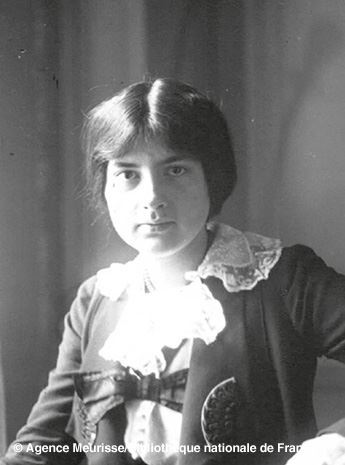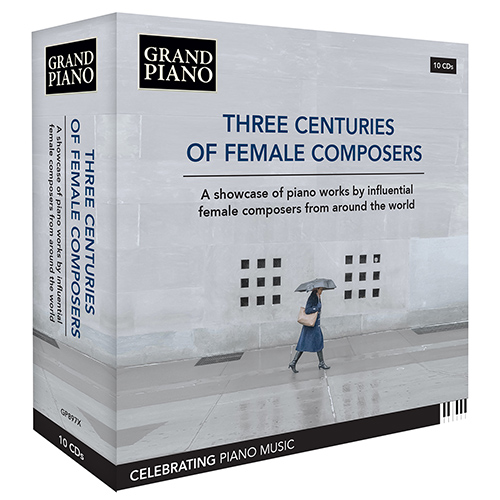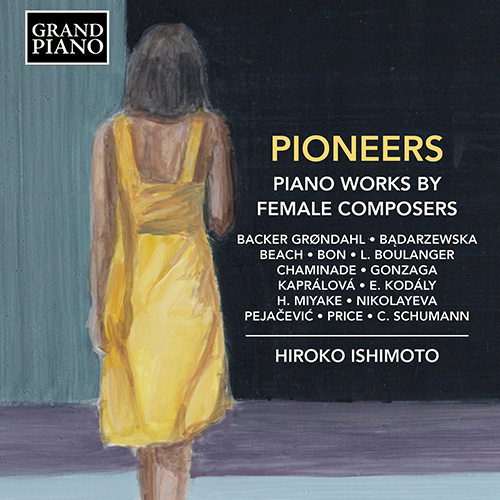
Lili Boulanger (1893 - 1918)
Encouraged by her elder sister Nadia, the French composer Lili Boulanger was the first woman to win the Prix de Rome and was prolific, during her short life, writing music very much in the prevailing style of the period.
Orchestral Music
Lili Boulanger’s compositions for orchestra include Pièce, Sicilienne and Marche gaie for small orchestra, and a fuller Poème symphonique.
Chamber Music
In addition to pieces for piano and for organ, Lili Boulanger wrote a Violin Sonata and pieces for cello, for oboe and for flute and piano.
Choral and Vocal Music
Choral and vocal music by Lili Boulanger encompasses a group of psalm settings (including the moving Du fond de l’abîme) and the Vieille Prière bouddhique (‘Old Buddhist Prayer’) of 1917. Other vocal settings include a Pie Jesu for mezzo-soprano, string quartet, harp and organ, and settings of poems by Jammes and by Maeterlinck. The latter’s La Princesse Maleine had been intended as the subject of an opera, but the work was left unfinished at the composer’s death in 1918.



 Grand Piano has gained a reputation for producing high quality recordings of rare keyboard gems. Dedicated to the exploration of undiscovered piano repertoire, the label specialises in complete cycles of piano works by many lesser-known composers, whose output might otherwise have remained unknown and unrecorded.
Grand Piano has gained a reputation for producing high quality recordings of rare keyboard gems. Dedicated to the exploration of undiscovered piano repertoire, the label specialises in complete cycles of piano works by many lesser-known composers, whose output might otherwise have remained unknown and unrecorded.






